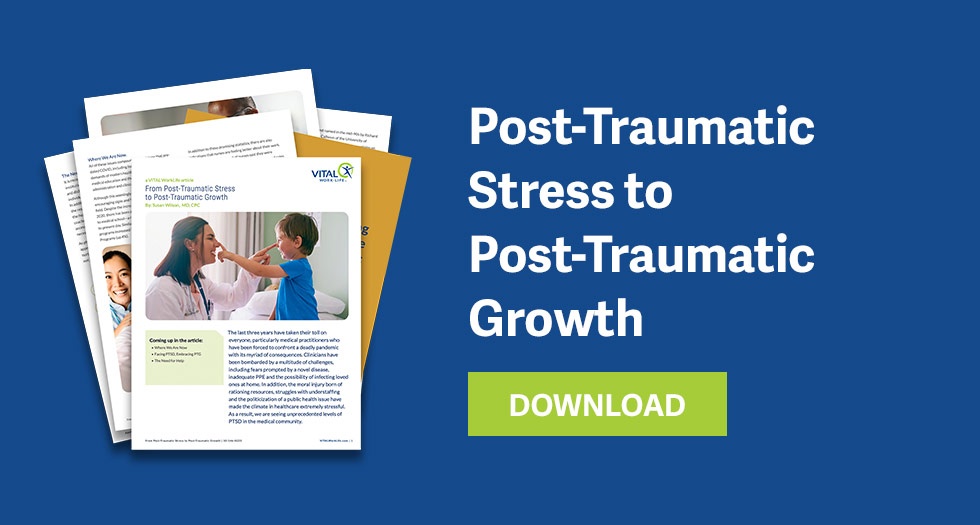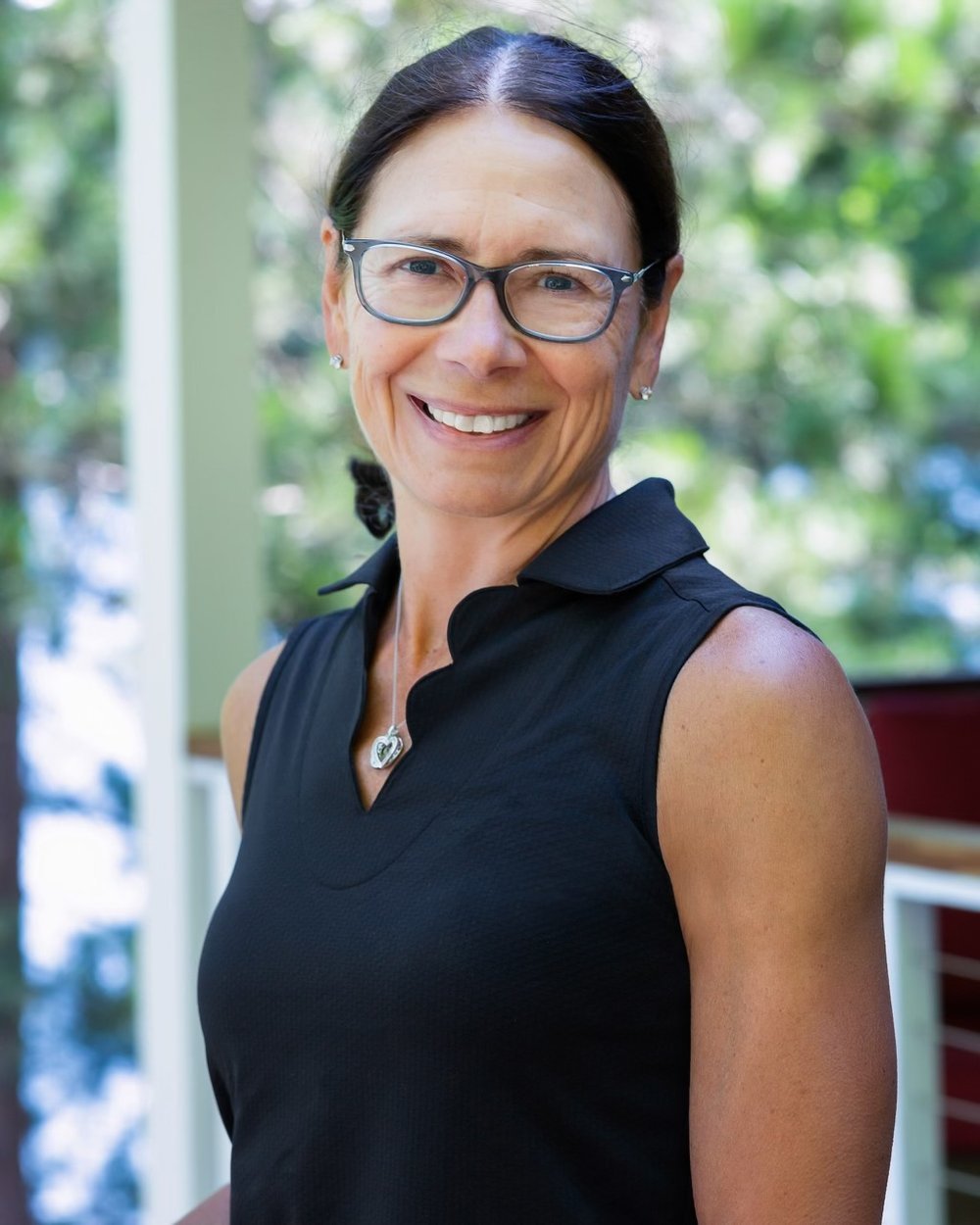In the past three years, the world—and the medical profession—have struggled, suffered and changed under the weight of the pandemic. There’s been pain and loss as the medical community has battled with a disease of almost unimaginable complexity. That complexity wasn’t only medical, epidemiological and biochemical; it was social, political and existential.
 Now that the height of the COVID crisis appears to have passed—while the disease remains very much with us—we naturally wonder what’s next for our providers as well as for our patients. How will practitioners, who were struggling with the pressures of 21st-century medicine before COVID, be able to bear up under a “new normal” that includes PTSD, the anger-driven politicization of healthcare, lingering moral injury, overwork and more?
Now that the height of the COVID crisis appears to have passed—while the disease remains very much with us—we naturally wonder what’s next for our providers as well as for our patients. How will practitioners, who were struggling with the pressures of 21st-century medicine before COVID, be able to bear up under a “new normal” that includes PTSD, the anger-driven politicization of healthcare, lingering moral injury, overwork and more?
A Positive View
Physician peer coach Dr. Susan Wilson believes they will survive and even thrive if they are given the help and support they need from leadership. That support includes peer-to-peer counseling, psychotherapy, systemic changes to allow practitioners greater freedom and agency and a great deal more. And in a recent article, she suggests a bold new heading under which to place these efforts and the recovery they can bring about: Post-Traumatic Growth, or PTG.
The PTG idea, which grew out of the “positive psychology” movement, reflects that movement’s interest in ordinary and positive psychic states rather than pathologies. The Positive Psychology website calls PTG “a positive psychological change in the wake of struggling with highly challenging life circumstances,” bringing about the embrace of new opportunities, a heightened sense of gratitude for life, and greater spiritual connection, emotional strength and resilience.



